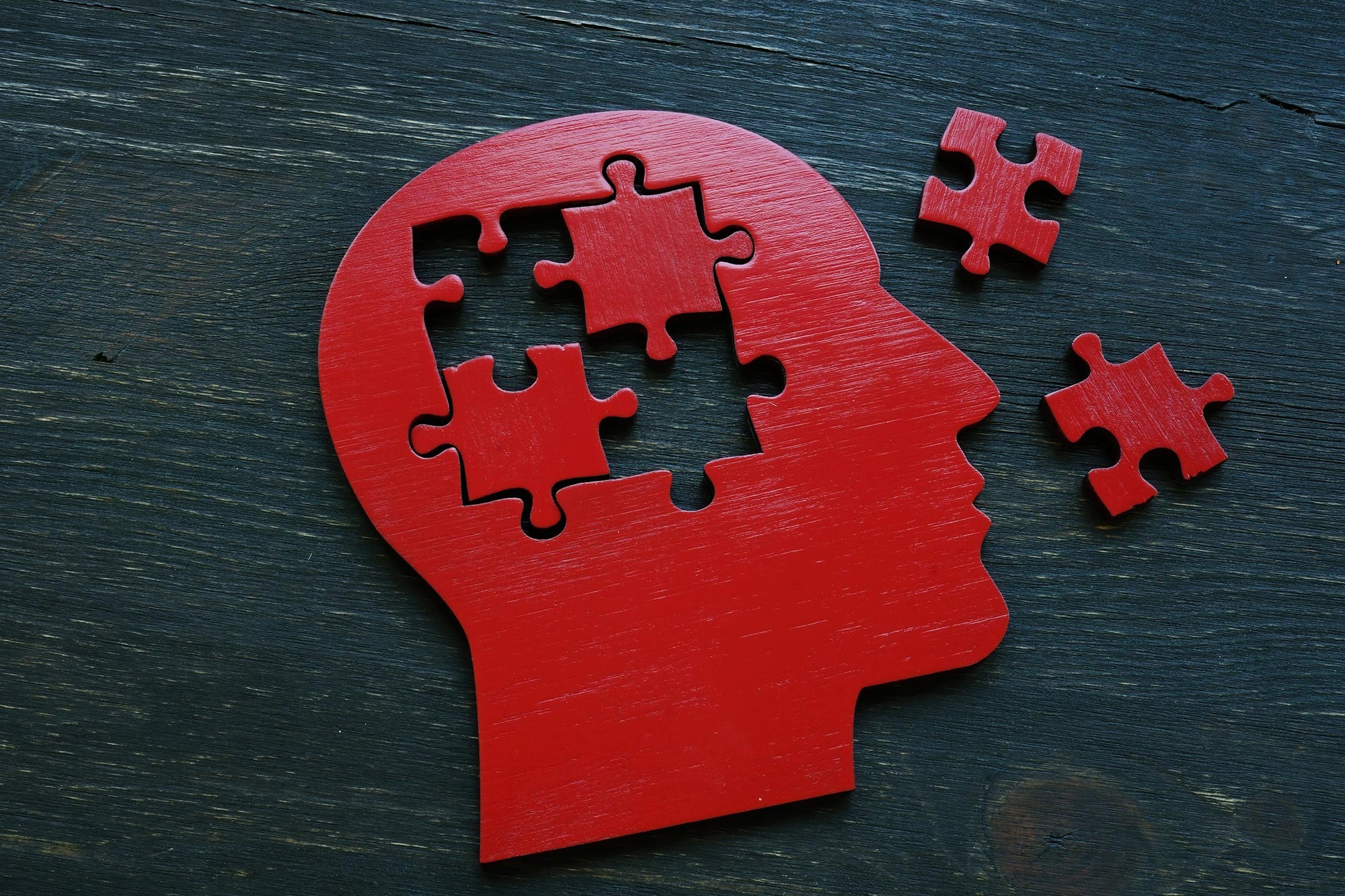
Researchers found that people hospitalized for a major traumatic brain injury (TBI) had a higher risk of developing dementia. However, minor TBIs (concussions with a hospital stay of less than one day) did not increase the risk of dementia.
A study finds that major traumatic brain injury (TBI) increased the risk of dementia
In the United States alone, about 1.7 million people sustain a traumatic brain injury (TBI) each year. Older teenagers (ages 15-19) and the elderly (65 and above) are most likely to sustain a TBI.
TBIs occur when the brain is damaged by sudden trauma. A TBI may also occur when the head collides with an item quickly and forcefully, or when an object pierces the skull and penetrates brain tissue. Immediate and delayed symptoms include confusion, blurred vision, and trouble concentrating. A recent study has even shown that TBIs might even have consequences decades later.
According to a new study published in the May 11, 2022, online edition of Neurology, the official journal of the American Academy of Neurology, people who have been hospitalized for a major traumatic brain injury may have a greater chance of acquiring dementia than those who have not had a TBI. A major TBI was defined as brain bleeding and a hospital stay of three days or more. Researchers discovered no elevated risk in people who had minor TBI, defined as a concussion with no more than a one-day hospital stay.
“Traumatic brain injury has been identified as a possible risk factor for dementia, and due to increasing numbers of people living with dementia, it is imperative to identify risk factors that might be modifiable to decrease the number of people who develop dementia in the future,” said study author Rahul Raj, MD, Ph.D., of the University of Helsinki in Finland. “The goal of our study was to assess the association between TBI and dementia while adjusting for other relevant dementia risk factors like high blood pressure, smoking, alcohol consumption, and physical activity.”
The researchers utilized a Finnish national database that includes health surveys gathered every five years for the study. They found 31,909 adults who completed one or more questionnaires that contained data on lifestyle characteristics such as physical activity, smoking, and alcohol consumption throughout a 20-year period.
The researchers next examined national health registries. They selected 288 persons hospitalized due to a severe TBI and 406 people hospitalized due to a mild TBI who did not develop dementia within one year of their injury in the study group. Over a 16-year average follow-up period, 976 participants developed dementia.
Of those with a major TBI, 27 people, or 9%, developed dementia. Of those with a minor TBI, nine people, or 2%, developed dementia. And of those with no TBI, 940 people, or 3% developed dementia.
After adjusting for age and sex, researchers found that people who were hospitalized due to a major TBI had a 1.5 times greater risk of dementia than those without a TBI.
But after further adjustment for other relevant dementia risk factors such as education, smoking, alcohol consumption, physical activity, and high blood pressure, the association weakened. Raj explained that alcohol use and physical activity appeared to play the biggest role in weakening the association.
Researchers found no increased risk of dementia for people hospitalized for minor TBI.
“Approximately one in 10 people in our study who had major TBI did develop dementia,” said Raj. “Considering that there is no cure for dementia or TBI, the results of our study suggest that prevention of other dementia risk factors such as excess alcohol consumption and physical inactivity could possibly reduce the risk of dementia in people with major TBI. More research is needed in larger groups of people.”
A limitation of the study was that it included only people hospitalized for TBI, so people who did not seek care for a mild TBI were not included.
The American Academy of Neurology is the world’s largest association of neurologists and neuroscience professionals, with over 38,000 members. The AAN is dedicated to promoting the highest quality of patient-centered neurologic care. A neurologist is a doctor with specialized training in diagnosing, treating, and managing disorders of the brain and nervous systems such as Alzheimer’s disease, stroke, migraine, multiple sclerosis, concussion, Parkinson’s disease, and epilepsy.
Reference: “Risk of Dementia After Hospitalization Due to Traumatic Brain Injury” by Rahul Raj, Jaakko Kaprio, Pekka Jousilahti, Miikka Korja and Jari Siironen, 11 May 2022, Neurology.
DOI: 10.1212/WNL.0000000000200290


0 Comments